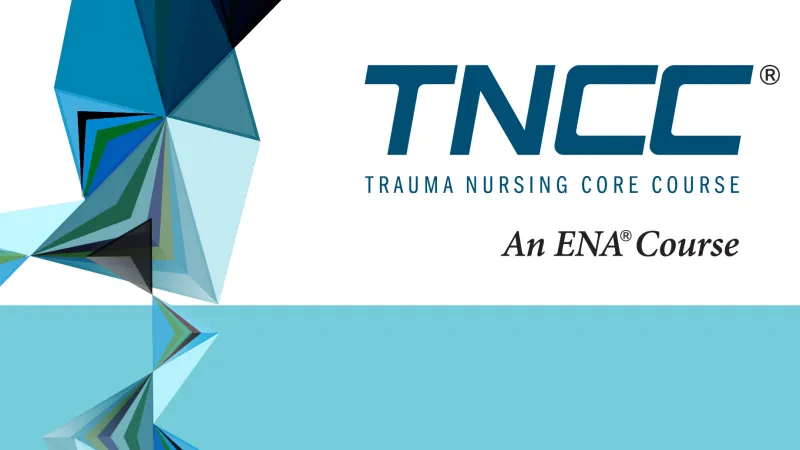Breadcrumb
ENA Statement on Vaccines
“Recent headlines paint a confusing and unsettling picture about the value, priority and lifesaving capabilities of vaccines.
Changes at the CDC and an FDA advisory panel have shaken the faith of some – including health care organizations – who rely on those entities for research and guidance.
Shifting, sometimes contradictory, guidance about who can and should, and when they should, be vaccinated has created uncertainty among members of the public who want to protect themselves from certain preventable diseases.
Still other changes to reduce or minimize immunization requirements for groups such as school children essentially give non-evidence-based decisions credibility that motivates further vaccine hesitancy.
ENA believes emergency nurses should lead by example by maintaining all required immunizations; promote community awareness of the public health consequences of underimmunizations and nonimmunization; and possess knowledge of credible, evidence-based scientific sources, to increase their own understanding of vaccine risks, benefits, effectiveness and safety to enable them to inform and instruct their patients.
The ability for ED nurses and other health care workers to do any of those things has become increasingly compromised by recent actions at the federal and state levels at a time when a growing number of cases of diseases largely preventable through vaccination indicates public health is at risk.
For example, CDC data from Sept. 10 reported nearly 1,500 measles case in the United States this year compared to 285 for all of 2024.
Adding to the mix is news of some states establishing their own vaccine authorities to establish guidelines and requirements. Although, on the surface, these moves appear to support efforts to protect the public, ENA will monitor how this patchwork of rules across the country impacts how health care providers deliver care. ENA is concerned that, overall, nurses, physicians and their peers will encounter confusion about who can be vaccinated for what depending on geographical or potential legal parameters.
Overall, limiting vaccines for some populations and lifting immunization requirements for others creates ambiguity and barriers to care which run counter to ENA’s long held position that all people are entitled access to comprehensive and quality health care without exception.
Emergency departments serve as the front door to care for their communities and sit on the front lines of emerging public health issues. Any actions which reduce access to immunizations not based on credible evidence will ultimately be reflected by more sick people arriving in emergency departments creating further challenges on an already strained emergency health care infrastructure.
ENA calls for greater clarity among all governmental health care agencies to ensure health care providers are properly prepared to deliver information and provide care to their patients.”
- ENA President Ryan Oglesby
The Emergency Nurses Association is the premier professional nursing association dedicated to defining the future of emergency nursing through advocacy, education, research, innovation, and leadership. Founded in 1970, ENA has proven to be an indispensable resource to the global emergency nursing community. With 40,000 members worldwide, ENA advocates for patient safety, develops industry-leading practice standards and guidelines and guides emergency health care public policy. ENA members have expertise in triage, patient care, disaster preparedness, and all aspects of emergency care. Additional information is available at www.ena.org.
